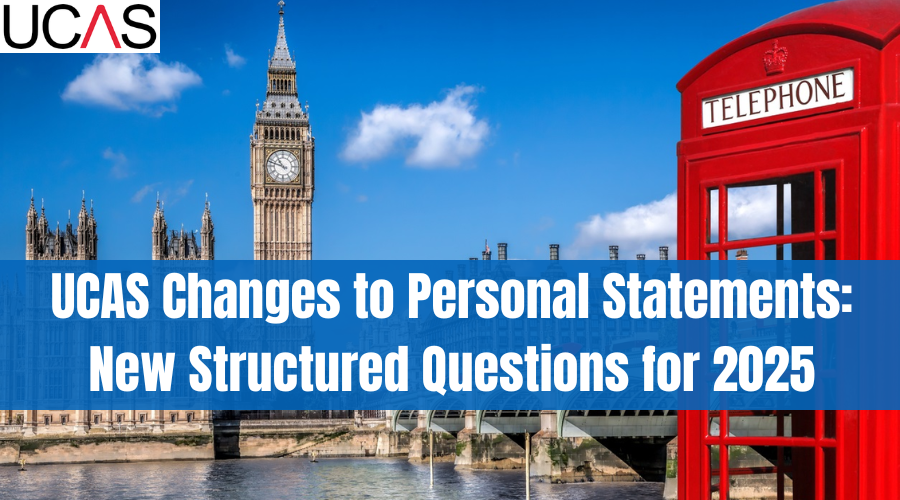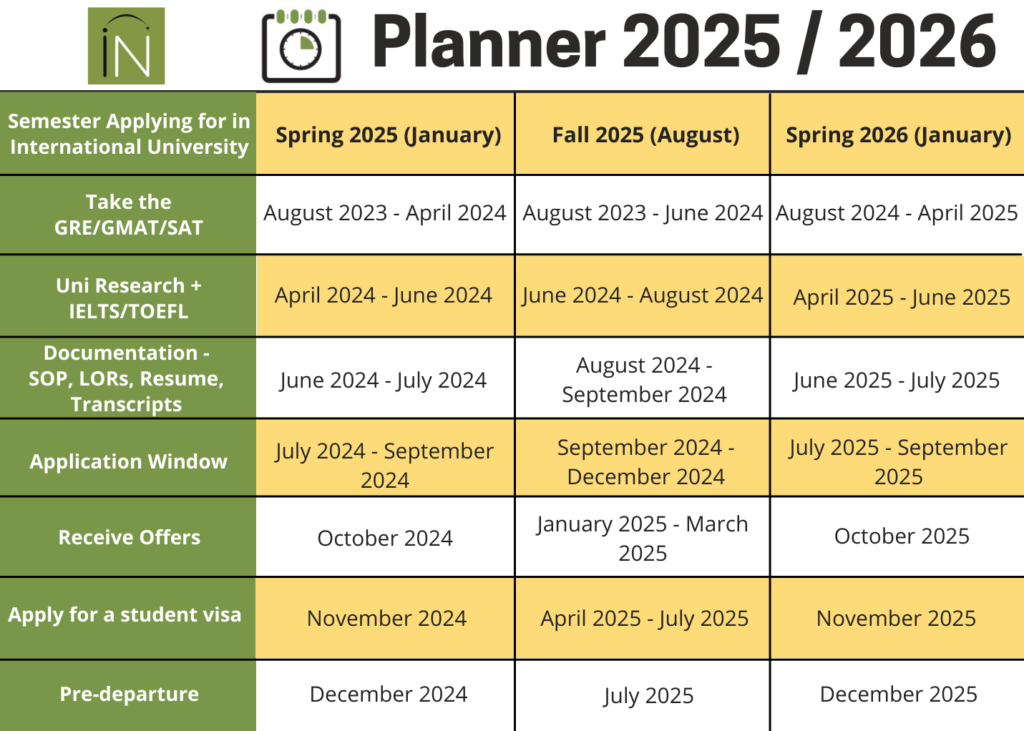Starting from September 2025, UCAS, the central organization through which applications are processed for entry to higher education, will implement a significant change in its application process. Instead of the traditional personal statement, applicants will now be required to respond to three structured questions. This new format aims to provide a more focused and equitable platform for students to demonstrate their suitability for their chosen courses. Let’s delve into these questions and explore how applicants can effectively address them.

1. Why Do You Want to Study This Course or Subject?
Purpose of the question:
UCAS has designed this question to allow applicants to showcase their passion for and understanding of their chosen field of study. This question is pivotal as it helps admissions tutors gauge the applicant’s genuine interest and long-term commitment to the subject.
How to answer:
When addressing this question, applicants should reflect on their motivations and inspirations for choosing the course. They should provide specific examples or experiences that ignited their interest in the subject. For instance, an applicant interested in environmental science might discuss a memorable experience volunteering for a local conservation project or a particular environmental issue that sparked their curiosity and passion for the field.
Additionally, students should highlight any relevant books, articles, or documentaries they have engaged with, showcasing their proactive approach to learning more about the subject. Mentioning any relevant coursework or projects undertaken in high school that align with the chosen course can also strengthen their response.

2. How Have Your Qualifications and Studies Helped You to Prepare for This Course or Subject?
Purpose of the Question:
This question aims to assess how well the applicant’s academic background aligns with the demands of the chosen course. It offers an opportunity for students to demonstrate how their previous studies have equipped them with the necessary skills and knowledge.
How to Answer:
Applicants should carefully select their most relevant qualifications and experiences that directly correlate with the course requirements. For example, a student applying for a degree in engineering might highlight their achievements in mathematics and physics, emphasizing any particular projects or assignments that involve problem-solving and analytical thinking.
It’s important to discuss specific skills acquired through their studies, such as critical thinking, research abilities, or laboratory skills, and explain how these will be beneficial in their higher education journey. Students should also mention any awards or recognitions received that underscore their academic strengths.

3. What Else Have You Done to Prepare Outside of Education, and Why Are These Experiences Helpful?
Purpose of the question:
This question provides a platform for applicants to showcase their extracurricular activities and personal experiences that have contributed to their readiness for the course. It acknowledges the value of learning and development beyond formal education.
How to Answer:
Applicants should think broadly about their experiences outside the classroom. This could include volunteer work, internships, part-time jobs, participation in clubs or sports, or any personal projects. For instance, a student applying for a business course might discuss their experience running a small online shop or participating in a business competition.
When writing this section, it’s crucial to draw clear connections between these experiences and the skills they imparted. For example, teamwork and leadership skills gained from being part of a sports team, or communication and organizational skills developed through a part-time job, can all be relevant. Applicants should explain how these skills will help them succeed in their chosen course and demonstrate their well-roundedness and ability to manage various responsibilities.
Structuring the Answers
While the three questions provide a clear structure, applicants have the flexibility to allocate the 4,000-character limit as they see fit. It’s essential to balance the answers, ensuring each question is addressed thoroughly and thoughtfully. Prioritizing clarity, conciseness, and relevance will be key in crafting compelling responses.
Final Thoughts
The introduction of these structured questions by UCAS is a significant shift designed to make the application process more straightforward and focused. By carefully considering and answering these questions, applicants can provide a comprehensive picture of their motivations, readiness, and suitability for their chosen courses. This new format not only levels the playing field but also helps students present their strengths and experiences in a clear and organized manner, ultimately aiding admissions tutors in making well-informed decisions. As the 2025 application cycle approaches, students should begin reflecting on these questions and preparing their responses to ensure a strong application.


